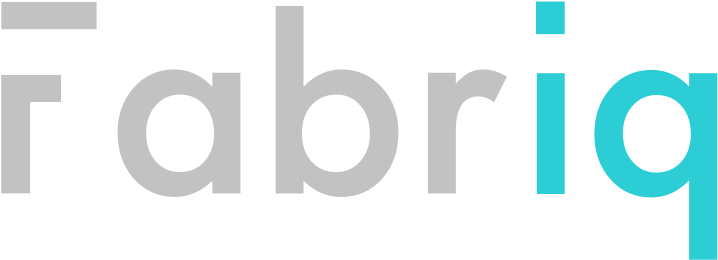2 MINUTES READ
- Categories:
- Product Updates
Now more than ever, it is vitally important that all key stakeholders have access to the same information regarding an organisation's journey towards Net Zero Carbon.
Read More
6 MINUTES READ
- Categories:
- Product Updates
The fight against climate change is a team sport. We need to come together and combine our expertise if we want to stand a chance of making a dent in global carbon emissions.When it comes to running energy efficient buildings, this couldn’t be more true. There are many stakeholders involved, who bring knowledge and expertise from a wide variety of perspectives.Energy data alone doesn’t cut it. It very often calls for the context that relies on more anecdotal or subjective information that has been built up over many years and sits in areas of the business other than the sustainability team. The problem is this information is stored in notepads, emails, ticketing systems or even worse, inside people's heads.That’s why we’ve built Data Point Annotations.Our brand new feature is embedded throughout the platform and allows all users to add information about particular anomalies, outliers, events, variances or anything else worth sharing.
Read More
5 MINUTES READ
Profile analysis was the first thing I learned as an energy analyst. It is the foundation of all other forms of energy analysis. Without an understanding of how buildings use energy on a half-hourly basis, everything else is just noise.The mass adoption of smart metering and AMRs has meant that ‘energy profiles’ are widely available. Back in the day, they were recorded by an energy profiler that was temporarily installed for a couple of weeks. This meant analysts were dealing with a very limited time period for a limited number of data points. Thankfully, this is no longer the case.
Read More
6 MINUTES READ
In the world of energy efficiency and sustainability, we very rarely make decisions based on data. In a sector filled with experts and specialists, most decisions are made on gut feel and intuition. You may think because you use data in your decision-making process that you’re data-driven. But that’s not the same thing.Being truly data-driven means putting data at the heart of the decision-making process. It really comes down to a ‘data first’ approach instead of going by gut feel. It means constantly questioning your beliefs and assumptions to form new mental models. Referring back to the data time and time again and continually asking “Why?”.
Read More




